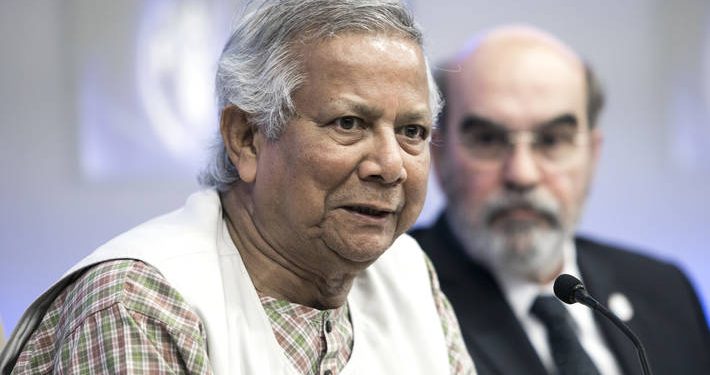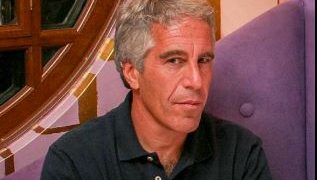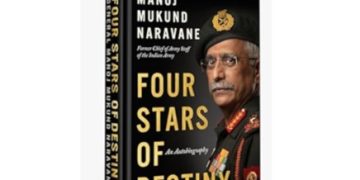The way things are moving in Bangladesh, especially during the past few days after a closed-door meeting between the country’s interim leader and Nobel laureate Muhammad Yunus and the chiefs of the country’s three armed forces on 20 May, indicate a fierce power struggle has broken out. Reports emanating from the country suggest a triangular contest is on to capture power with the protagonists being the army, the students’ leaders forming the core group of the interim government and the Bangladesh Nationalist Party (BNP) led by Khaleda Zia. The interim government seems to be keen on continuing beyond the previously agreed timeline of holding elections by December. The army appears to be concerned about some moves by the forces running the government to remove the army chief General Waker Uz-Zaman. On the other hand, the BNP is reportedly calculating that if the elections are held by December, it can capture power with a favourable Election Commission overseeing the polls. The current tension and chaos are a far cry from the show of unity by BNP, the students opposed to the previous government of Sheikh Hasina, fundamentalist forces and the army whose sole agenda was to drive Hasina out of power and hunt down activists and sup porters of her party, the Awami League. That such unity can come under strain leading to the reported wish of Yunus to step down in just nine months after Hasina was forced to flee the country in August, 2024 and take refuge in India is, indeed, baffling. Portrayed in social and mainstream media in Bangladesh as a “cold war” between the armed forces and the interim administration, these tensions now threaten the future of Yunus’ role. Significantly, the meeting between Yunus and the army chiefs came amid rumours that Yunus was considering stepping down. However, following another cabinet meeting the next day the acting head of the planning ministry, Wahiduddin Mahmud, asserted that “the chief adviser is staying with us – he hasn’t said he’ll resign.” Analysts, however, say, the standoff is not over yet and a clearer picture is expected to emerge in the next few days.
Also Read: Shocker For Trump
However, it became clear that all is not well when on 21 May General Waker-Uz-Zaman, publicly urged that national elections be held by December, warning that prolonged deployment of the army for civil duties could compromise the country’s defences. He is reported to have told a high-level gathering at Dhaka Cantonment that Bangladesh needs political stability which, he insisted, is only possible through an elected government, not by unelected decision-makers. The comments came during a rare address in which he delivered a 30-minute speech, followed by more than an hour of questions and answers. Officers from across the country and at Bangladeshi UN missions reportedly joined the event, both physically and virtually, in full combat uniform – a show of unity and resolve. What strikes analysts most is the fact that the army chief has started singing a different tune when he said the army is meant for defending the nation, not for policing and that the soldiers “must return to barracks after elections.” His remarks indicate a difference of opinion with the Yunus administration’s stated in tention of holding elections not earlier than mid-2026, to allow time for political and electoral reforms first, in order to ensure a fair election. He is also said to be strongly opposed to key initiatives being considered by the interim government, including the potential foreign management of Chittagong Port, Bangladesh’s main seaport, and the launch of Starlink, Elon Musk’s satellite internet service. These, he said, could compromise national security. Also, he is opposed to a plan to construct a humanitarian corridor into Myanmar’s Rakhine state, which in his opinion could drag Bangladesh into a dangerous proxy conflict. “Only a political government elected by the people can make such decisions,” he said.
On the other hand, the BNP has grown increasingly suspicious of the political ambition of the students who are part of the interim government and have formed a political party the National Citizen Party (NCP). It seems to fear the NCP may use its clout in the administration to influence the polls if it is allowed to continue beyond December. Hasina may be having the last laugh. But, Bangladesh is lurching from one crisis to another in such a precipitous way that the spectre of a military takeover is looming large. That would be a sad day for democracy, whatever it is worth in the country.






































